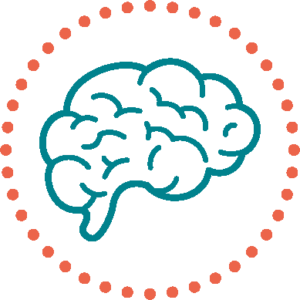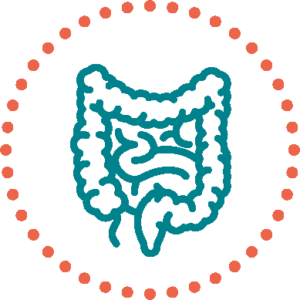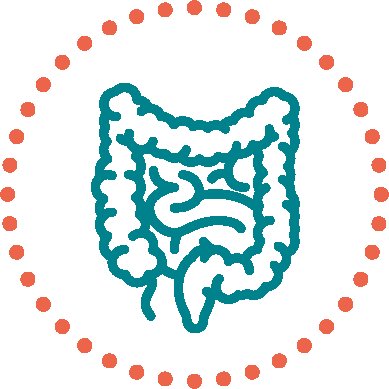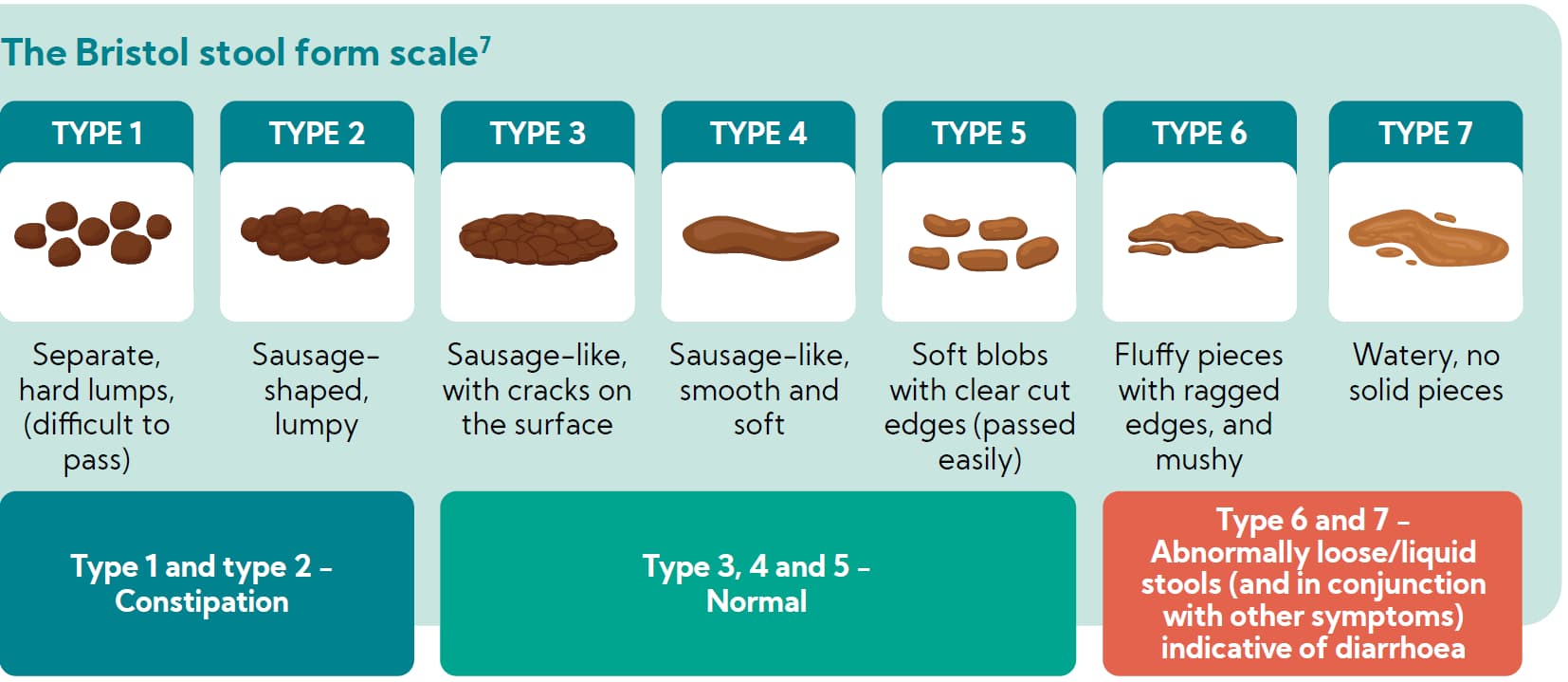Signs of a healthy gut




Back to basics with the gut-brain axis
The gut-brain axis (GBA) is the communication that takes place from the brain to the gut and from the gut to the brain. The communication occurs between the central nervous System (CNS), the autonomic nervous system (ANS), the enteric nervous system (ENS) and the Hypothalamic-Pituitary–adrenal axis (HPA) linking emotional and cognitive centres of the brain with peripheral intestinal functions.1
It’s all in the gut

The enteric nervous system (ENS) is the intrinsic nervous system of the gut.2 It is made up of a network of neurons that lines the gastrointestinal tract, from the esophagus to the rectum.2 The ENS monitors the condition and gathers information on the state of the gastrointestinal tract.2 It also plays a role in gut movement, fluid exchange between the gut and its lumen, and local blood flow.2 The ENS is also called the second brain because it can work independently from the CNS.2
Is it all in the microbiota effect?

The enteric nervous system (ENS) is the intrinsic nervous system of the gut.2 It is made up of a network of neurons that lines the gastrointestinal tract, from the esophagus to the rectum.2 The ENS monitors the condition and gathers information on the state of the gastrointestinal tract.2 It also plays a role in gut movement, fluid exchange between the gut and its lumen, and local blood flow.2 The ENS is also called the second brain because it can work independently from the CNS.2

Keep your gut microbiota balanced to avoid constipation, which can lead to haemorrhoids.3,5,6
Are you constipated?
Symptoms of constipation include:6
Infrequent passing of stool (fewer than three bowel movements a week)
Stools are dry, hard and/or lumpy

Stools are difficult to pass

Stomach ache or cramps
You feel bloated and nauseous

Feeling of incomplete stool evacuation
Still unsure? Let’s have a look


Haemorrhoids can be caused by straining during bowel movements and sitting for long periods of time on the toilet.8
Got the gut health?
According to the World Health Organisation (WHO), gut health is defined as the state of physical and mental well being in the absence of gastrointestinal complaints that require a consultation with a doctor.9 The aspects of gut health include the effective digestion and absorption of food, the absence of gastrointestinal illness, normal and stable microbiota, effective immune status and an overall state of well being.9
Keep it healthy
Everything is linked to one another, and it is therefore important to keep your gut healthy to avoid constipation,3 which can lead to haemorrhoids.3,5,6



